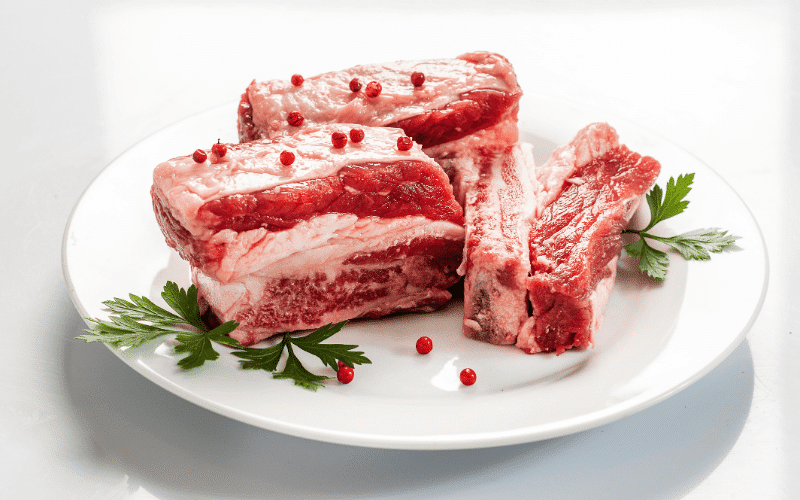Introduction: Foods and Lupus – What You Need to Know
Lupus, an autoimmune disorder affecting millions of people worldwide, is a chronic condition that can be challenging to manage. Diet plays a significant role in controlling lupus symptoms and preventing flare-ups. By identifying and avoiding certain foods, individuals with lupus can help keep their immune system in check and reduce inflammation in the body.
In this article, we will delve into the top 10 foods to avoid with lupus and provide valuable information on foods that trigger lupus flares. Our aim is to equip you with the knowledge needed to make informed dietary choices and create a healthier lifestyle for those living with lupus.
1. Red Meat: The Pro-Inflammatory Culprit

One food that lupus patients should be mindful of is red meat. Red meat, particularly processed and fatty cuts, is known to increase inflammation in the body. This can be detrimental to individuals with lupus, as their immune system is already compromised.
The high content of saturated fats in red meat can exacerbate lupus symptoms, leading to increased inflammation and discomfort. Additionally, consuming red meat may contribute to other health issues, such as heart disease and high cholesterol, which are common among lupus patients. These issues can further complicate the management of lupus symptoms, making it even more critical for those with lupus to minimize red meat consumption.
Processed meats, such as hot dogs, sausages, and deli meats, can be especially problematic for lupus patients. These products often contain high levels of sodium, preservatives, and additives, which can trigger inflammation and worsen lupus symptoms. By avoiding processed meats and focusing on healthier protein sources, individuals with lupus can reduce their risk of lupus flare-ups.
Some healthier alternatives to red meat include fish, poultry, and plant-based proteins. Fish, such as salmon, mackerel, and sardines, are high in omega-3 fatty acids, which have been shown to reduce inflammation and improve overall health. Poultry, like chicken and turkey, is typically leaner than red meat and provides a more heart-healthy option. Plant-based proteins, such as beans, lentils, and tofu, are not only rich in nutrients but also free of cholesterol and saturated fats.
Moreover, it’s essential for lupus patients to pay attention to their cooking methods when consuming meat. Grilling, broiling, and frying can produce harmful compounds known as advanced glycation end products (AGEs), which can further contribute to inflammation. Instead, opt for healthier cooking methods like baking, poaching, or steaming to minimize the formation of AGEs and reduce inflammation.
By being mindful of their red meat consumption and focusing on healthier protein sources, individuals with lupus can take a significant step towards better managing their symptoms and improving their overall health. (1)